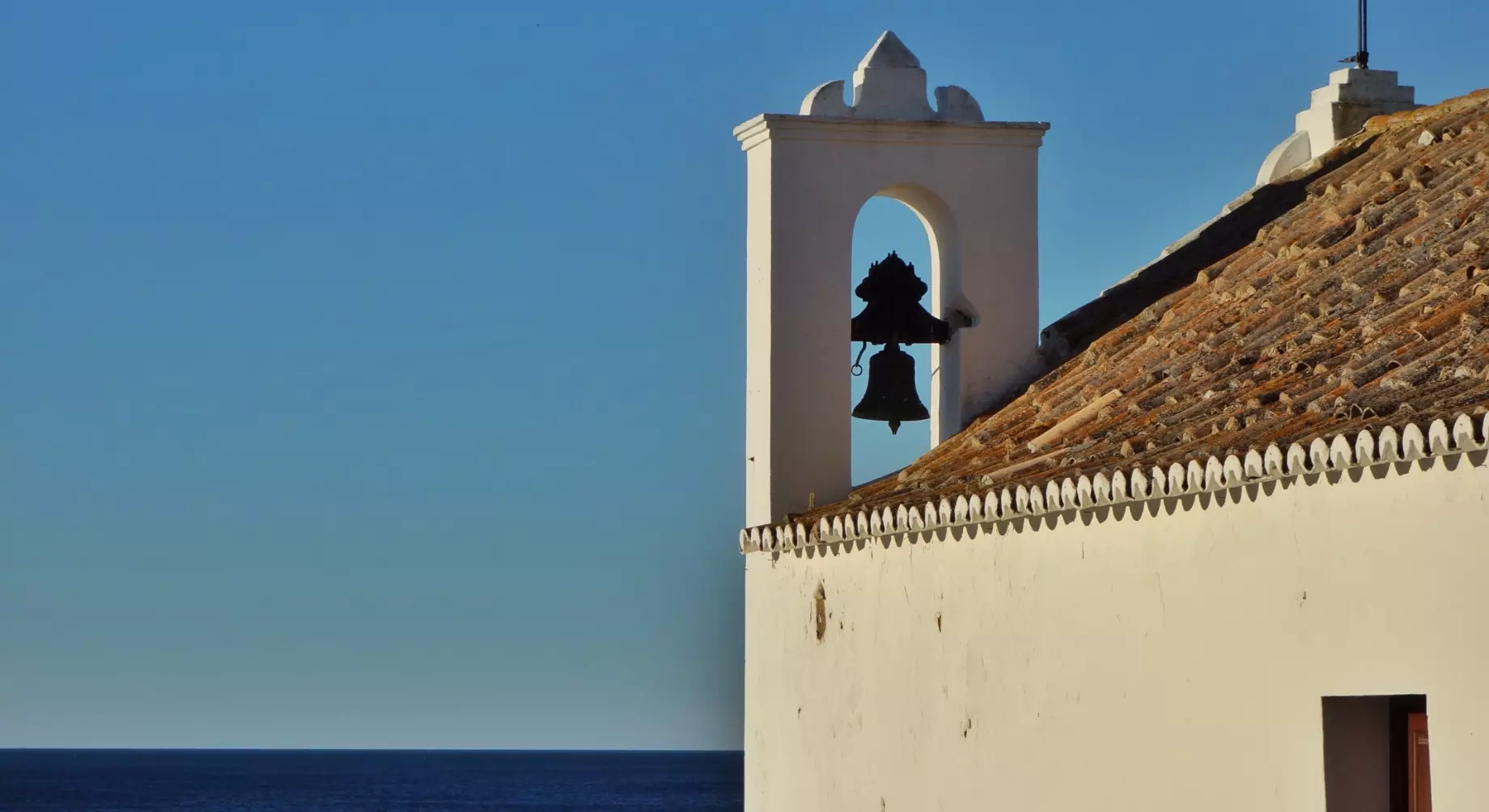
Caught in time
Nearly 400 years ago, Armação de Pêra earned its name from tuna traps set in the bay of Pêra, beginning a legacy handed down from generation to generation to this very day.
The village remains a fishing community centuries after their forebears began to haul in the tuna migrating north during the summer months. Unfortunately, while the bounty brought good fortune for the fishermen, it also attracted the attention of the Maghreb pirates.
This led to the construction of the Santo António Fortress to fight off raiders. The ruins of this impressive bastion remind us of the important role Armação de Pêra once occupied upon the Algarve coastline, with rugged sea walls marking its place in history.
The tuna eventually sought out fresh shores to explore, and the fishermen began to rely on sardines. By the end of the 19th century, the humble sardine had become the village’s main economic resource, remaining a fantastically fresh local delicacy even today.
There are many more treasures to be found here, including octopus, sole, red mullet, cuttlefish, sea bass and bream. Over the winter months, we can see small boats setting out to catch crabs in the traditional pots that their ancestors would have used.
Today, there are around 20 registered fishing boats, their colourful hulls lining the shores of Armação and painted vibrant upon a canvas of golden sands.
As the only fishing harbour still working in the Silves district, the fishermen here are helping to preserve a part of their culture that has survived social, economic, and ecological challenges in order to endure today.
From the spectacular limestone cliffs to the secluded fisherman’s chapel, Armação de Pêra is a place deeply rooted in nature and history. The traditional boats that set out from the Praia dos Pescadores still deliver the freshest catch to the tavernas and restaurants on the cobbled streets of the white-walled aldeia.
Here, with traditional dishes of authentic simplicity, they serve something more than the grilled sardines on the menu - they offer us a unique taste of history.




